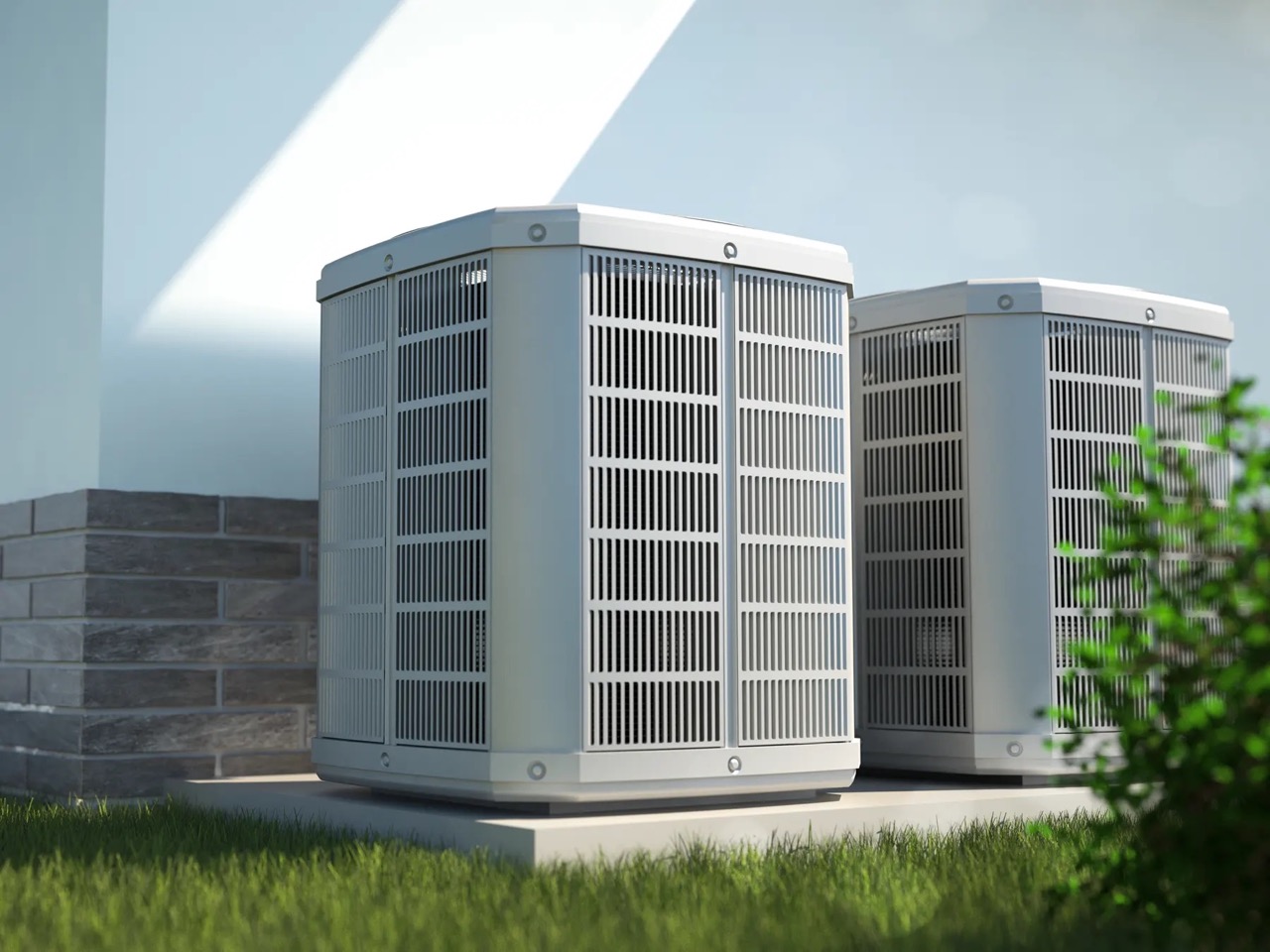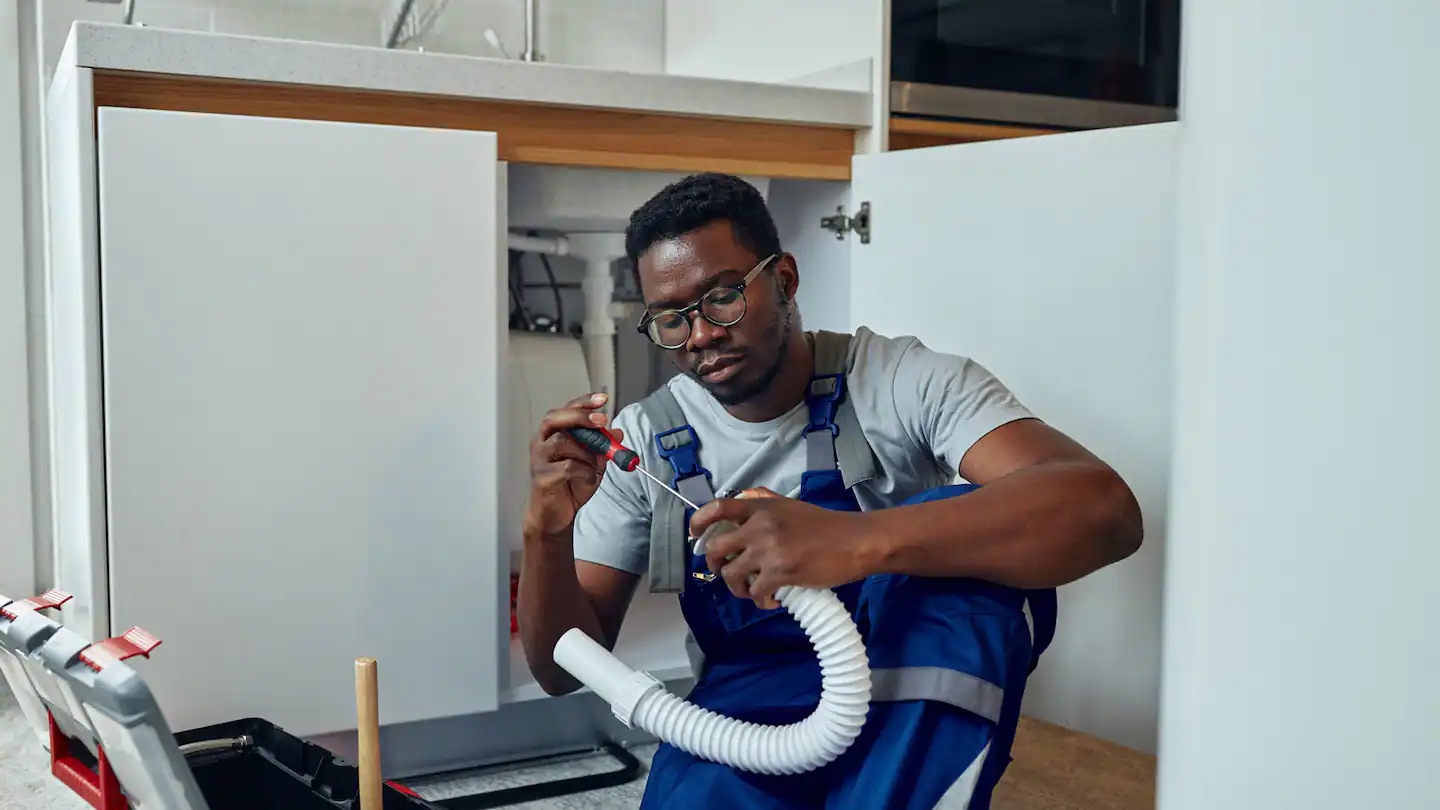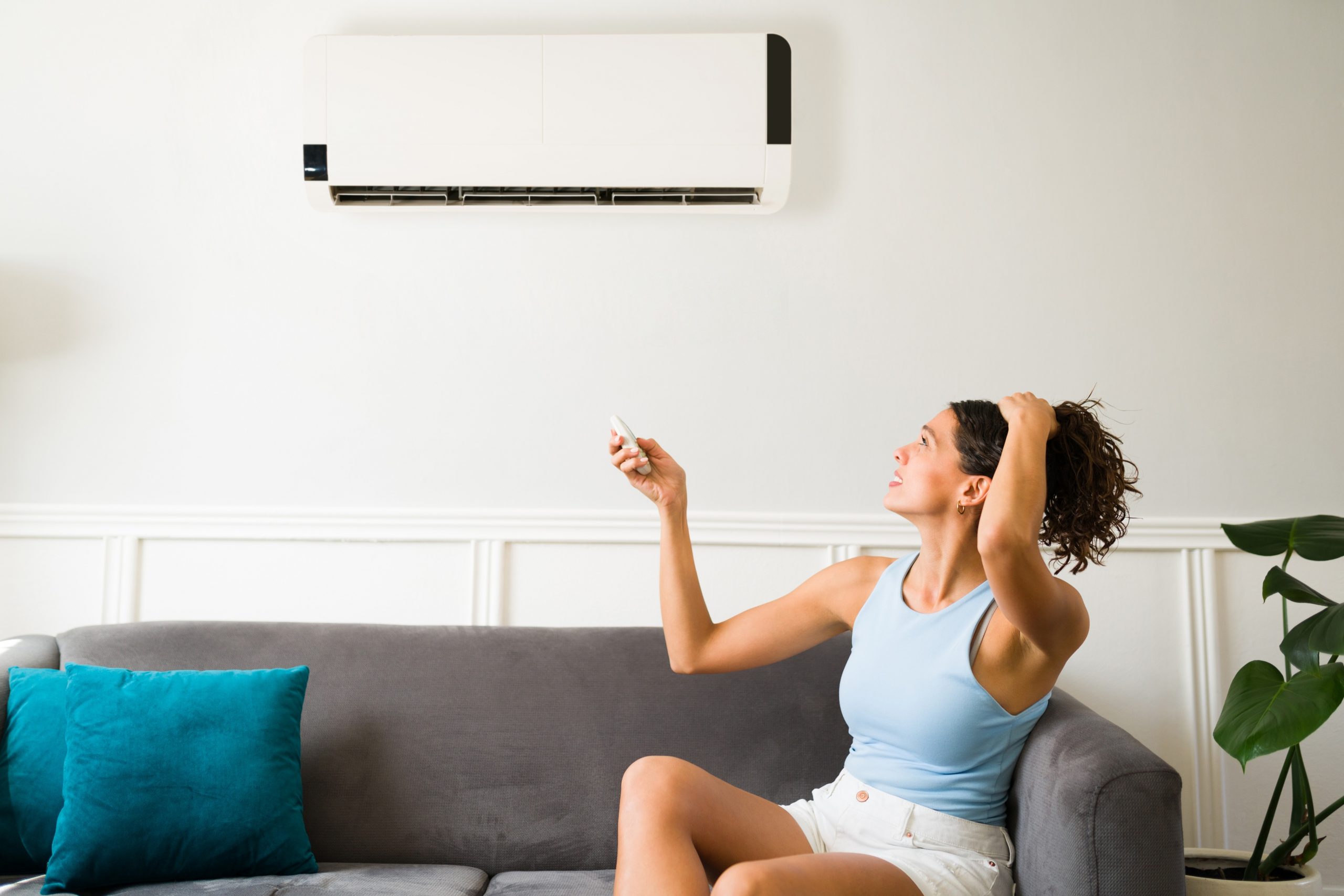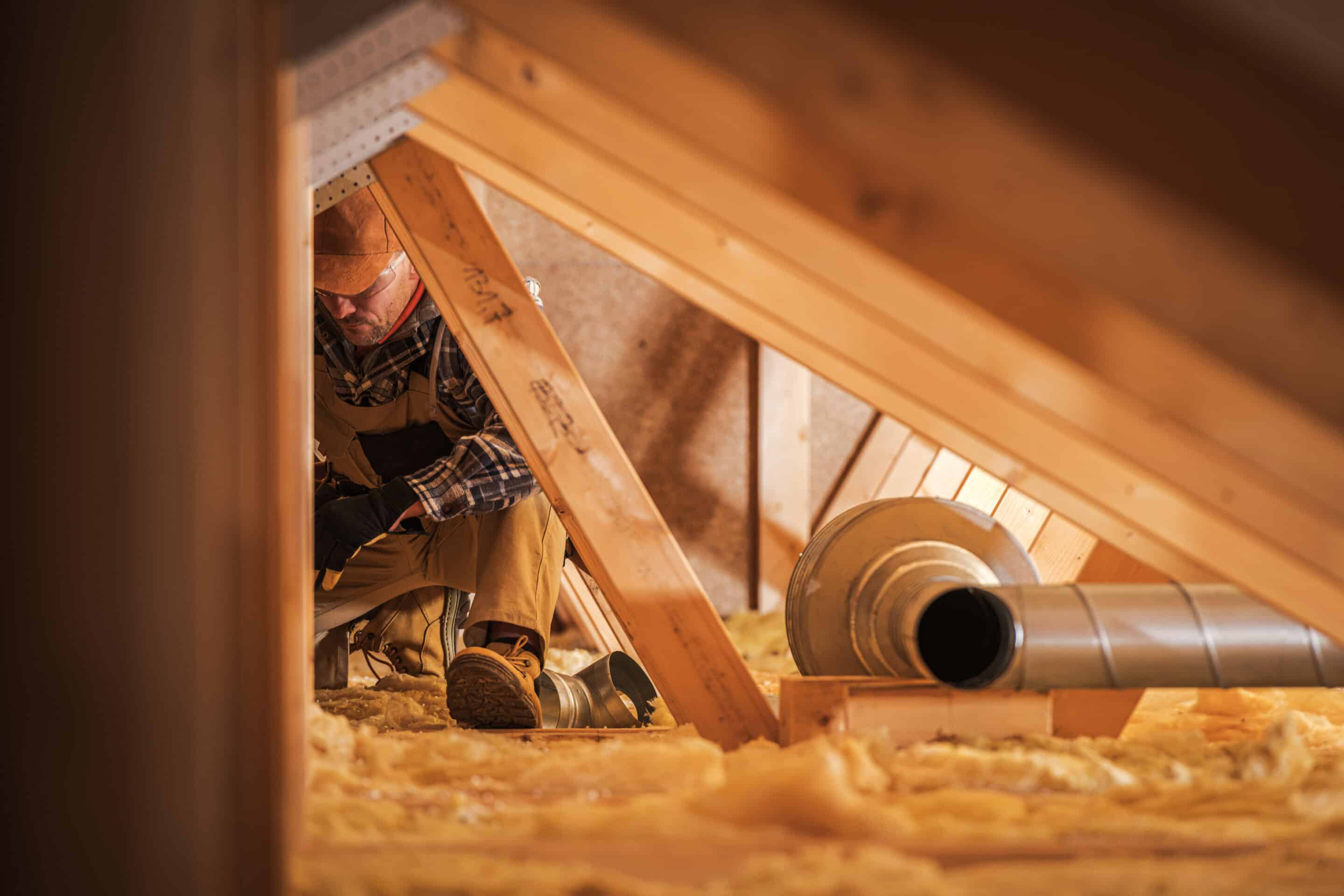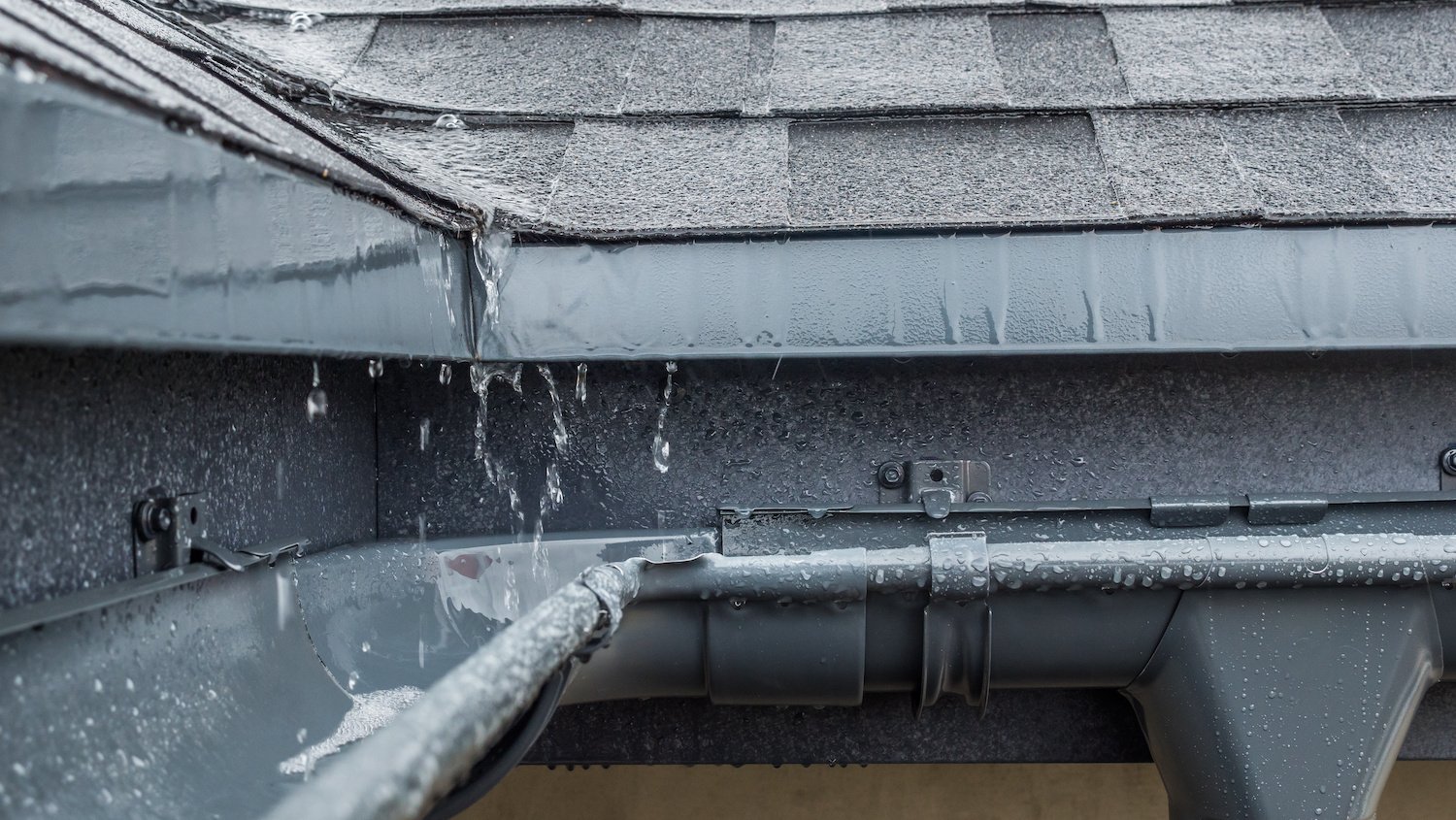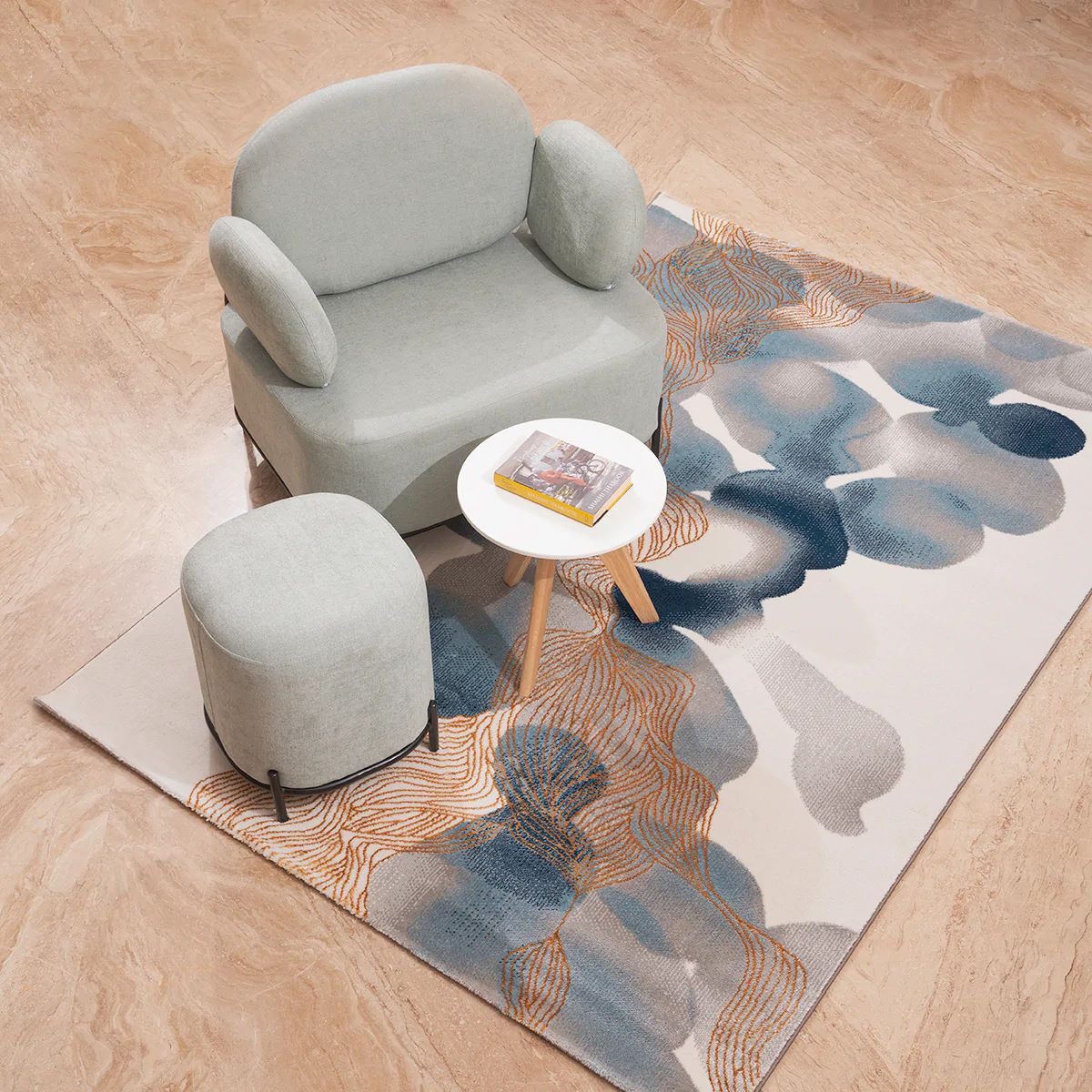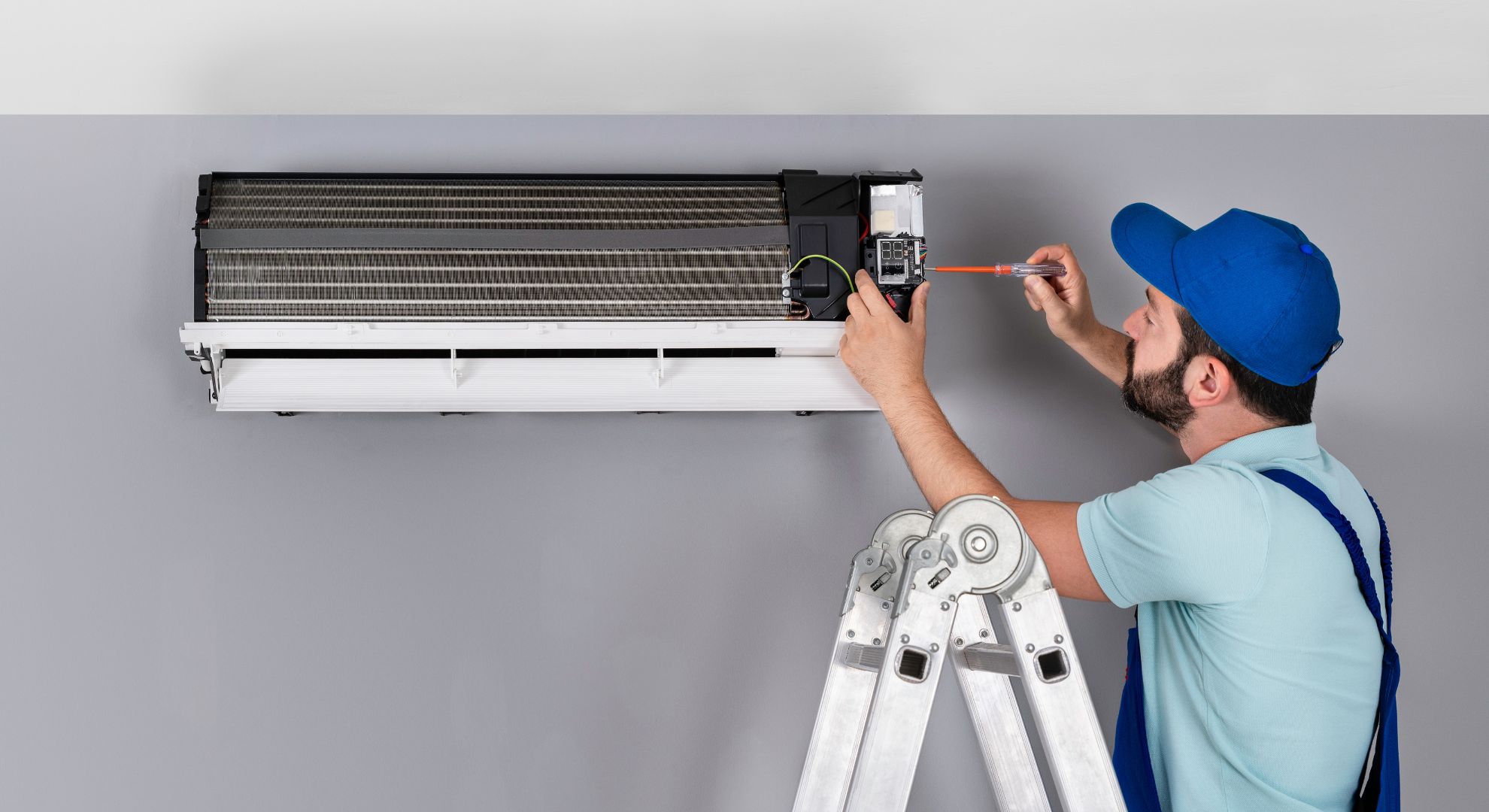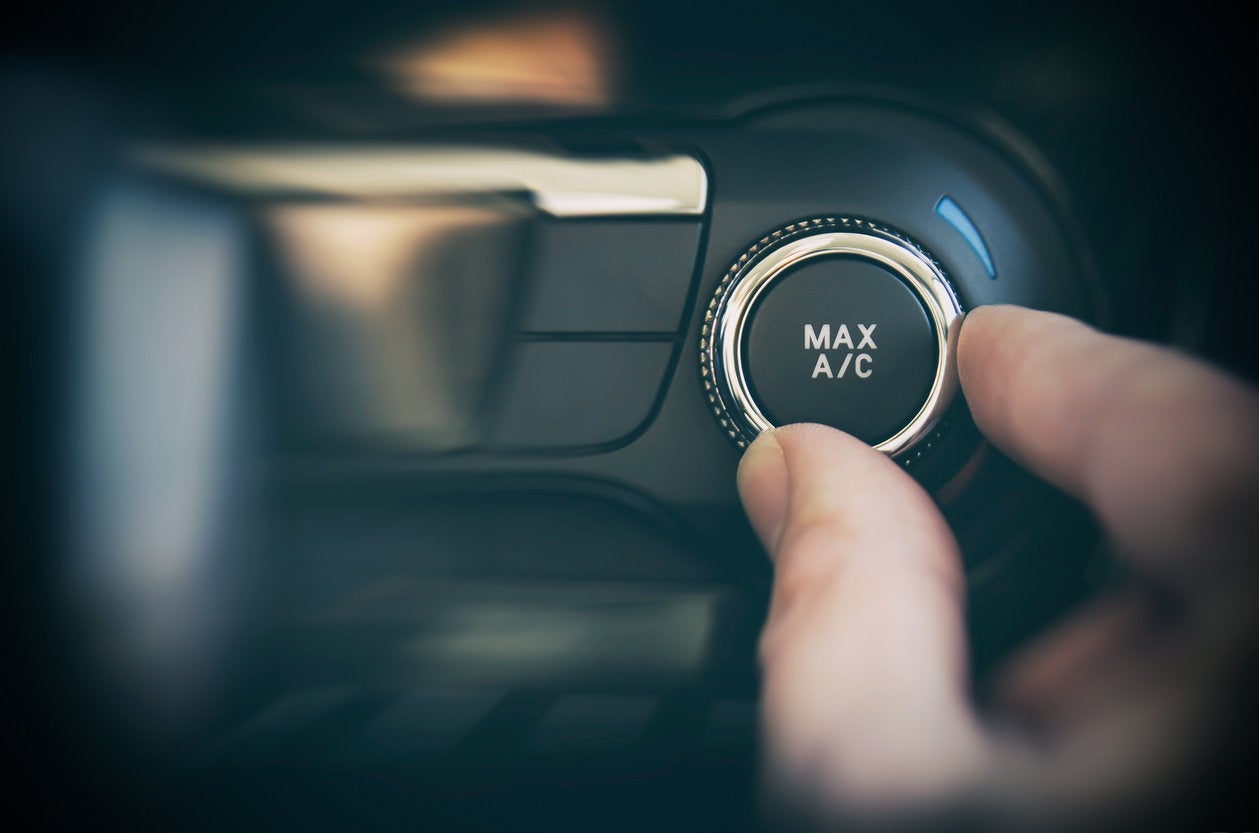Home>Home Maintenance>Why Is Air Conditioning Important
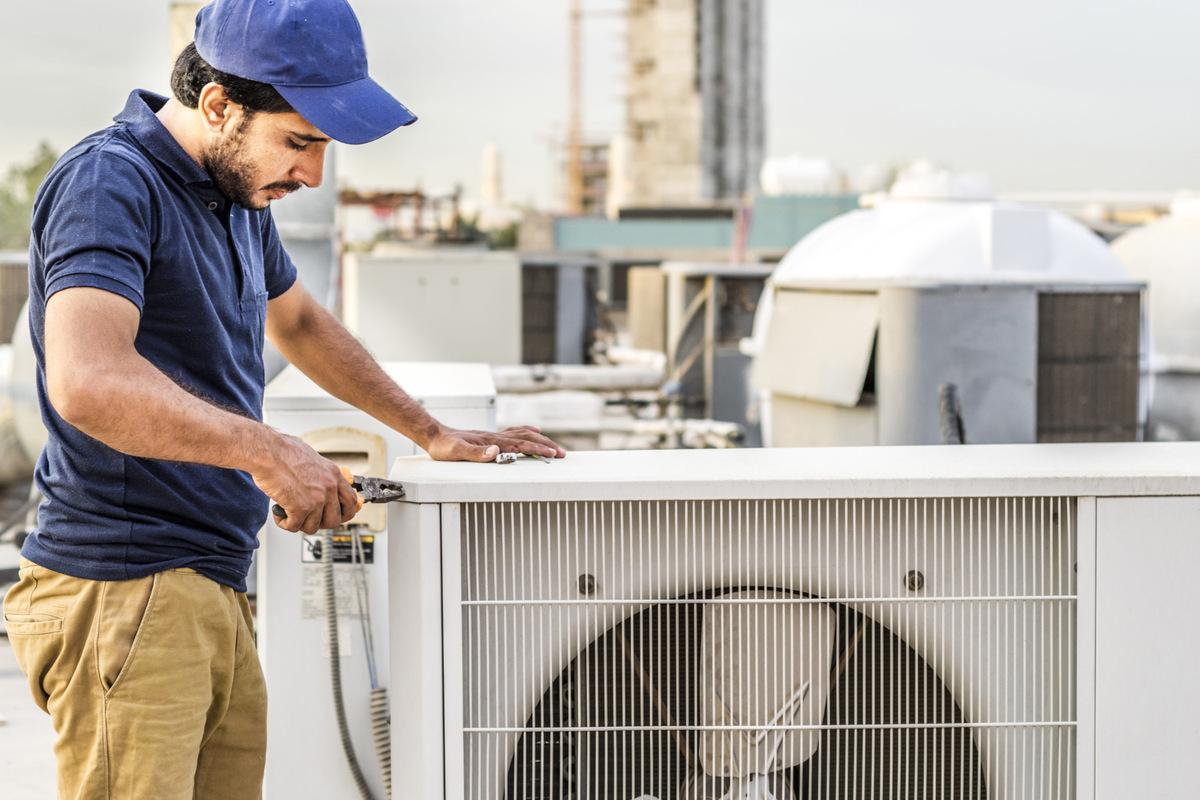

Home Maintenance
Why Is Air Conditioning Important
Modified: March 6, 2024
Ensure comfort and longevity of your home with proper air conditioning. Learn why air conditioning is a crucial component of home maintenance.
(Many of the links in this article redirect to a specific reviewed product. Your purchase of these products through affiliate links helps to generate commission for Storables.com, at no extra cost. Learn more)
Introduction
In today’s modern world, air conditioning has become an essential part of our lives. Whether it’s sweltering heat in the summer or biting cold in the winter, air conditioning provides us with comfort and relief from extreme weather conditions. However, its importance goes beyond just providing a pleasant indoor environment. Air conditioning plays a crucial role in promoting health and well-being, improving air quality, enhancing productivity, preserving electronic devices and equipment, conserving energy, and reducing environmental impact.
In this article, we will delve into the various reasons why air conditioning is so important in our daily lives. From the physical and mental benefits to the environmental advantages, we will explore how the proper use of air conditioning can greatly enhance our overall quality of life.
So, whether you’re enjoying the cool breeze in the scorching summer or the warm coziness in the chilly winter, let’s uncover the significance of air conditioning and why it is essential for our well-being.
Key Takeaways:
- Air conditioning is essential for our comfort, health, and productivity. It keeps us cool in summer, warm in winter, and promotes better sleep, reducing stress and fatigue.
- Air conditioning not only benefits us but also helps preserve electronic devices, conserve energy, and reduce environmental impact. It improves air quality and enhances our overall well-being.
Read more: Why Is The Air Conditioning Not Cooling
Maintaining Comfort in Extreme Weather
One of the primary reasons why air conditioning is crucial is its ability to provide comfort in extreme weather conditions. Whether it’s a blistering hot summer or a freezing winter, air conditioning systems help regulate indoor temperature, ensuring that we stay comfortable year-round.
In hot weather, air conditioning helps to cool down the indoor environment, creating a refreshing and comfortable atmosphere. It prevents overheating, which can lead to dehydration, heat exhaustion, and even heatstroke. By maintaining a cool temperature indoors, air conditioning allows us to relax, sleep better, and carry out daily activities without feeling drained by the heat.
Similarly, during frigid winters, air conditioning systems can provide warmth and prevent excessively cold temperatures from seeping indoors. It helps to maintain a cozy and comfortable environment, protecting us from the harsh cold and its associated health risks. By keeping the indoor temperature at a comfortable level, air conditioning helps to maintain our overall well-being and quality of life in extreme weather conditions.
Promoting Health and Well-being
Air conditioning not only provides comfort in extreme weather but also plays a significant role in promoting our health and well-being. Here’s how:
1. Temperature Regulation: One of the key benefits of air conditioning is its ability to regulate indoor temperature. Extreme heat or cold can have a negative impact on our bodies, leading to various health issues. By maintaining a comfortable temperature, air conditioning helps to prevent heat-related illnesses, such as heatstroke, dehydration, and heat exhaustion. It also protects us from the negative effects of extreme cold, such as hypothermia and respiratory issues.
2. Humidity Control: Air conditioning systems also help to control humidity levels indoors. High humidity can create an environment conducive to mold growth, which can trigger allergies and respiratory problems. On the other hand, low humidity can lead to dry skin, irritated eyes, and respiratory discomfort. By regulating humidity, air conditioning helps to create a balanced and healthy indoor environment.
3. Improved Air Quality: Air conditioning systems are equipped with filters that capture dust, pollen, pet dander, and other airborne particles. These filters help to improve indoor air quality by removing allergens and pollutants. This is particularly beneficial for individuals with allergies, asthma, or other respiratory conditions.
4. Better Sleep: Adequate sleep is crucial for our overall health and well-being. Extreme temperatures can disrupt sleep patterns and make it difficult to get a restful night’s sleep. Air conditioning helps to create a cool and comfortable sleeping environment, promoting better sleep quality and ensuring that we wake up feeling refreshed and rejuvenated.
5. Stress Reduction: Extreme heat or cold can trigger stress responses in our bodies, leading to heightened anxiety and discomfort. By maintaining a pleasant and consistent indoor temperature, air conditioning helps to reduce stress levels and create a more relaxed and comfortable environment.
Overall, air conditioning plays a vital role in promoting our physical and mental well-being by regulating temperature, controlling humidity, improving air quality, enhancing sleep quality, and reducing stress levels. It creates a comfortable and healthy indoor environment that allows us to thrive and lead a balanced lifestyle.
Improving Air Quality
Air conditioning systems not only provide comfort but also have a significant impact on improving indoor air quality. Here’s how air conditioning contributes to better air quality:
1. Filtering Airborne Particles: Air conditioning units are equipped with filters that help to trap dust, pollen, pet dander, and other airborne particles. These filters act as a first line of defense, preventing these pollutants from circulating in the indoor environment. By capturing these particles, air conditioning systems help to improve the overall air quality, making it safer and healthier to breathe.
2. Reducing Allergens: Allergens such as pollen and dust mites can cause discomfort and allergies. Air conditioning systems filter out these allergens, providing relief to individuals who suffer from allergies or respiratory conditions. By removing these allergens from the indoor air, air conditioning helps to create a more allergy-friendly environment, reducing symptoms and improving overall well-being.
3. Controlling Humidity: Excessive humidity can create an environment favorable for mold and mildew growth, leading to respiratory problems and allergies. Air conditioning helps to control humidity levels, preventing the growth of mold and reducing the risk of associated health issues. By maintaining optimal humidity levels, air conditioning contributes to a healthier indoor environment.
4. Removing Odors and Fumes: Air conditioning systems are effective in eliminating odors and fumes, providing a fresher and more pleasant indoor environment. Whether it’s cooking odors, pet smells, or chemical fumes, air conditioning helps to circulate and filter the air, removing these unwanted odors and improving overall air quality.
5. Ventilation: Some air conditioning systems are designed to incorporate ventilation, bringing in fresh outdoor air and removing stale indoor air. This helps to improve air circulation and maintain a constant supply of fresh air, further enhancing air quality and overall comfort.
By filtering airborne particles, reducing allergens, controlling humidity, eliminating odors and fumes, and promoting ventilation, air conditioning systems significantly improve indoor air quality. This has a direct impact on our respiratory health, reducing the risk of allergies, asthma, and other respiratory conditions. Breathing clean and fresh air enhances our overall well-being and provides a healthier living environment.
Regular maintenance of your air conditioning system is important to ensure it functions efficiently and effectively. This includes changing filters, cleaning coils, and checking for any leaks or issues.
Enhancing Productivity and Performance
Air conditioning is not just beneficial for our comfort and health; it also has a positive impact on our productivity and performance. Here’s how air conditioning enhances our ability to work and perform at our best:
1. Improved Cognitive Function: Extreme temperatures can affect our cognitive function, making it difficult to concentrate and think clearly. Research has shown that consistently high temperatures can impair cognitive abilities, including memory and decision-making. Air conditioning helps to maintain a comfortable temperature, allowing us to stay focused and alert, and improving our cognitive performance.
2. Increased Comfort: When we are uncomfortable due to excessive heat or cold, it can be challenging to concentrate and be productive. Air conditioning creates a comfortable and consistent indoor environment, enabling us to work without distractions or discomfort. This promotes better focus, concentration, and overall productivity.
3. Reduced Fatigue: Extreme temperatures can cause fatigue and reduce our energy levels, making it harder to stay motivated and engaged in our work. Air conditioning helps to combat fatigue by providing a comfortable environment, regulating temperature, and preventing overheating or extreme cold. This allows us to maintain our energy levels and perform at our best throughout the day.
4. Better Air Quality: Poor indoor air quality can have a negative impact on our respiratory health, leading to symptoms such as coughing, sneezing, and allergies. Air conditioning systems improve air quality by filtering out particles, allergens, and pollutants. Breathing clean and fresh air reduces the risk of respiratory issues, enhancing our overall well-being and enabling us to work more efficiently.
5. Stress Reduction: Extreme temperatures and discomfort can increase stress levels, hindering our ability to focus and perform effectively. Air conditioning helps to reduce stress by maintaining a pleasant and consistent indoor environment. By creating a stress-free atmosphere, air conditioning enhances our mood, reduces anxiety, and improves our overall performance.
Ultimately, air conditioning systems contribute to an optimal working environment by improving cognitive function, increasing comfort, reducing fatigue, promoting better air quality, and reducing stress. By creating a conducive and comfortable workspace, air conditioning enhances our productivity and performance, allowing us to accomplish tasks more efficiently and effectively.
Preserving Electronic Devices and Equipment
Air conditioning not only benefits our comfort and health but also plays a crucial role in preserving our electronic devices and equipment. Here’s how air conditioning helps to protect our valuable technological investments:
1. Temperature Control: Extreme temperatures, especially excessive heat, can be detrimental to electronic devices. High temperatures can cause circuitry to overheat, reduce the lifespan of components, and even lead to permanent damage. Air conditioning systems help to maintain a controlled temperature, preventing devices from overheating and ensuring their longevity.
2. Humidity Regulation: High humidity levels can be detrimental to electronic equipment, leading to condensation, corrosion, and moisture-related damages. Air conditioning systems help to regulate humidity, keeping it at an optimal level. By controlling humidity, air conditioning protects electronic devices from moisture-related issues, extending their lifespan and reducing the risk of malfunction.
3. Dust and Particle Control: Air conditioning units are equipped with filters that capture dust, dirt, and other airborne particles. These filters help to reduce the amount of dust that accumulates on electronic components, preventing them from clogging or causing potential damage. By keeping the air clean and free from particles, air conditioning contributes to the overall longevity and wellbeing of electronic devices.
4. Consistent Performance: Fluctuating temperatures and humidity levels can impact the performance of electronic devices. Heat can cause components to expand and contract, leading to instability and potential malfunctions. By maintaining a consistent indoor environment, air conditioning ensures that electronic devices can operate under stable and optimal conditions, minimizing the risk of performance issues.
5. Improved Efficiency: Excessive heat can cause electronic devices to work harder to maintain their performance, leading to increased energy consumption and reduced efficiency. Air conditioning helps to keep devices cool, allowing them to operate at their optimal efficiency and consume less energy. This not only extends the lifespan of the devices but also reduces energy costs in the long run.
By controlling temperature, regulating humidity, filtering dust and particles, ensuring consistent performance, and improving efficiency, air conditioning systems contribute to the preservation and longevity of electronic devices and equipment. This not only protects our valuable investments but also allows us to fully enjoy the functionality and performance of our technology.
Conserving Energy and Reducing Environmental Impact
Air conditioning systems have made significant advancements in recent years, becoming more energy-efficient and environmentally friendly. Here’s how air conditioning contributes to energy conservation and reduced environmental impact:
1. Energy-Efficient Technology: Modern air conditioning units are designed with advanced technologies that prioritize energy efficiency. They utilize high-efficiency compressors, variable speed motors, and smart thermostats to optimize energy consumption. These energy-efficient features help to reduce electricity usage and lower overall energy costs.
2. Programmable Settings: Many air conditioning systems come with programmable settings, allowing users to customize temperature and timing according to their needs. This feature helps to optimize energy usage by adjusting cooling or heating based on occupancy patterns or specific time periods. By utilizing programmable settings, users can reduce energy waste and conserve resources.
3. Zone Cooling: Air conditioning systems with zone cooling capabilities allow different areas or rooms to be cooled or heated independently. This targeted cooling reduces the need to cool the entire space, saving energy and reducing overall power consumption. Zone cooling also enables personalized comfort preferences and eliminates unnecessary energy usage in unoccupied areas.
4. Proper Insulation: Adequate insulation in buildings helps to prevent the loss or gain of heat, reducing the workload on air conditioning systems. Well-insulated spaces retain cool or warm air for longer periods, minimizing the need for continuous cooling or heating. By investing in proper insulation, energy consumption can be significantly reduced, resulting in energy conservation and lower utility bills.
5. Renewable Energy Integration: Air conditioning systems can be integrated with renewable energy sources such as solar panels. Solar-powered air conditioning units harness the energy from the sun to cool or heat indoor spaces. This reduces reliance on electricity from the grid and reduces greenhouse gas emissions, contributing to a more sustainable and eco-friendly solution.
6. Regular Maintenance: Proper and regular maintenance of air conditioning systems ensures optimal performance and energy efficiency. Regularly cleaning and replacing filters, inspecting ductwork, and scheduling professional maintenance can improve the system’s energy efficiency, reducing energy waste and prolonging the lifespan of the units.
By embracing energy-efficient technology, utilizing programmable settings, implementing zone cooling, promoting proper insulation, integrating renewable energy sources, and practicing regular maintenance, air conditioning systems play a significant role in conserving energy and reducing environmental impact. They help to reduce greenhouse gas emissions, lower energy consumption, and contribute to a more sustainable and eco-friendly future.
Conclusion
Air conditioning is not just a luxury but an essential part of our lives. It provides us with comfort, promotes our health and well-being, improves air quality, enhances productivity, preserves electronic devices, conserves energy, and reduces environmental impact. From maintaining comfort in extreme weather to ensuring the longevity of our electronic equipment, air conditioning plays a crucial role in enhancing our quality of life.
In extreme weather conditions, air conditioning is our sanctuary, cooling us down in scorching summers and keeping us warm in freezing winters. It helps us stay comfortable and prevents heat-related illnesses or cold-related health issues. By regulating temperature and controlling humidity, air conditioning creates a pleasant indoor environment that promotes relaxation, better sleep, and improved cognitive function.
Air conditioning systems also contribute to better air quality by filtering out allergens and pollutants, reducing the risk of allergies and respiratory problems. It eliminates odors and fumes, providing a fresh and clean atmosphere. By preserving electronic devices, air conditioning ensures that our valuable technological investments are protected from extreme temperatures, humidity, and dust, prolonging their lifespan and optimizing their performance.
Air conditioning not only benefits us individually but also enhances our productivity and performance. By creating a comfortable and stress-free environment, it enables us to focus, concentrate, and work efficiently. It reduces fatigue and increases our energy levels, enabling us to perform at our best. Additionally, air conditioning helps us conserve energy and reduce our environmental impact by incorporating energy-efficient technologies, programmable settings, and renewable energy integration.
In conclusion, air conditioning is essential for maintaining comfort, promoting health, improving air quality, enhancing productivity, preserving electronic devices, conserving energy, and reducing our environmental impact. It enhances our overall well-being, allowing us to thrive in our daily lives. So, the next time you enjoy the cool breeze or cozy warmth from your air conditioning system, remember its importance and the multitude of benefits it provides.
Frequently Asked Questions about Why Is Air Conditioning Important
Was this page helpful?
At Storables.com, we guarantee accurate and reliable information. Our content, validated by Expert Board Contributors, is crafted following stringent Editorial Policies. We're committed to providing you with well-researched, expert-backed insights for all your informational needs.
